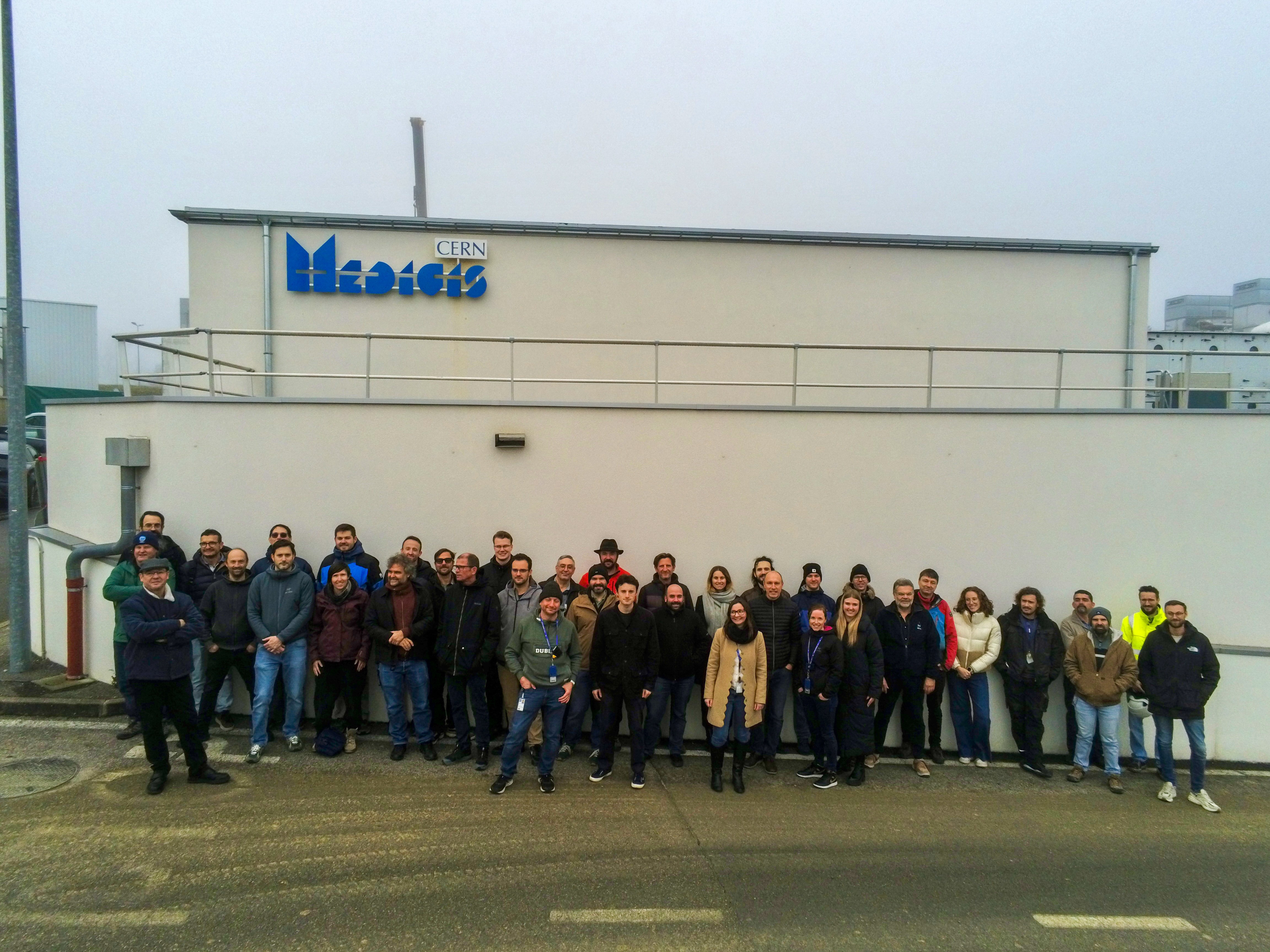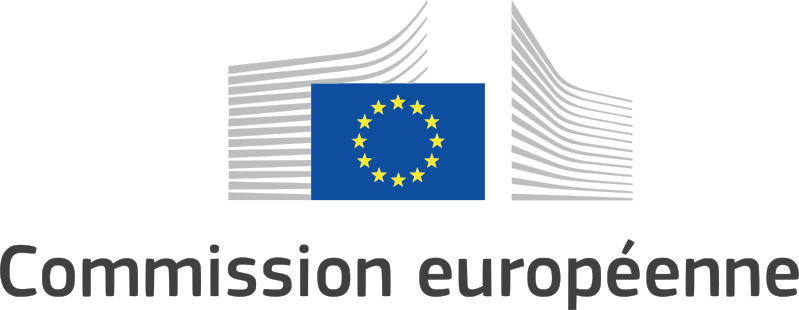ESR14
|
Ioanna Prionisti: ESR-14 Institution: UNIGE Nationality: Greek
|
|
Working field: Brachytherapy for brain tumours using nuclear medicine isotopes produced at the CERN-MEDICIS facility.
At the end of the chain of MEDICIS-PROMED, the isotopes produced at the CERN-MEDICIS facility are shipped to clinical centers for preclinical research studies. Once delivered at the Geneva University Hospitals, the isotopes will be implanted in rodents to assess their efficacy for the treatment of brain tumors. The project focuses on developing new instruments and delivery methods for brachytherapy and investigates the impact and efficiency of these methods at the cellular and organ levels. In particular, the project investigates how brachytherapy affects the brain’s microvasculature and immune system. New isotopes with specific types of emission, tissue penetration and half-life will be developed at the CERN-MEDICIS facility and systematically tested. Implantation will be performed with stereotactic and/or image-guided placement of coated particles based on magnetic resonance imaging. |
|
Post no. |
ESR 14 (CH3) |
|
Duration |
36 months (Starting date September 2016) |
|
Work package |
WP3, D3.CH2: New robot-assisted instruments and delivery methods for brachytherapy |
|
Recruiting partner |
HUG, Switzerland |
|
Type of Position |
Early Stage Researcher / PhD Position |
|
Eligibility |
A mobility rule applies to this position. The respective candidate must not have worked for more than 12 months in Switzerland within the last three years. Furthermore, the candidate needs to be in his/her first four years of his/her research career. The four years are counted from the date a degree was obtained which formally entitles to embark on a doctorate. |
|
Short Description |
The aims of this project are [i] to investigate new instruments and delivery methods for brachytherapy using stereotactic or robotic-assisted surgery for the treatment of non-resectable brain cancer and [ii] to investigate the impact and efficiency of these methods at the organ and cellular levels. In particular, the project will investigate how brachytherapy affects the brain’s microvasculature and immune system. New isotopes with specific types of emission, tissue penetration and half-life will be developed at CERN-MEDICIS and we will use stereotactic and/or image-guided placement of coated particles based on magnetic resonance imaging. In this context, the ESR will develop and validate new delivery techniques for brachytherapy in animal models. |
|
Requirements |
The candidate should hold a master degree in biology, biophysics, bioengineering or equivalent, and ideally be skilled in developments at the interface between medical imaging, instrumentation, programming and/or robotic. Experience in the life sciences with a strong motivation to be involved in the development of biomedical applications is a must. A candidate with experience in nuclear medicine would be favoured. |
|
Salary |
According to the Marie Sklodowska-Curie ITN rules: about 4200 CHF/month including mobility allowance or 4700CHF/month including mobility and family allowance (registered partner and/or child). |
|
Enrolment for PhD at |
University of Geneva, Switzerland |
|
Supervisor |
Prof. Léo Bühler e-mail: Leo.Buhler@hcuge.ch Tel: 41-22-372.76.98
Prof. Renaud Jolivet e-mail: renaud.jolivet@unige.ch Tel: 41-79-830.21.29 |
|
Planned secondment(s) |


